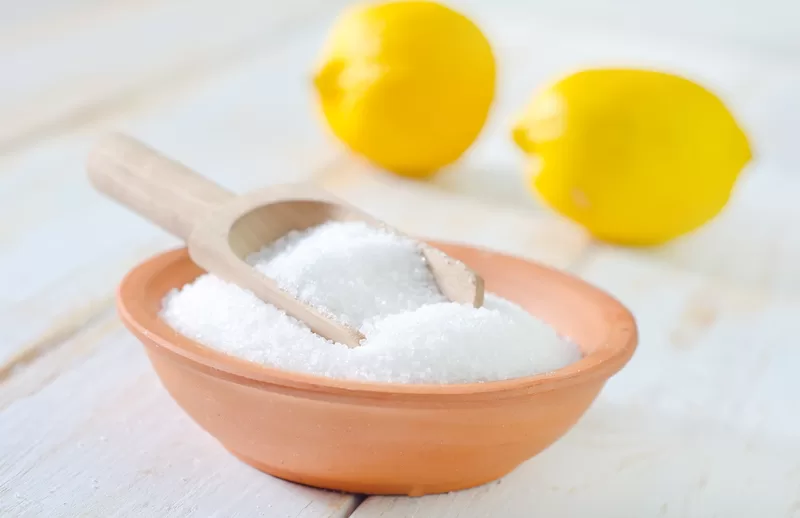The Rising Popularity of South East Asia Halal Skincare
The halal beauty movement is growing rapidly across South East Asia as more and more Muslim consumers look for skincare and cosmetic products that adhere to their religious beliefs. In Islamic law, anything meant to enter the body, like food, medicine, or skincare products, must be halal. This means they cannot contain any ingredients or components derived from animals slaughtered in a way other than the Islamic method of Zabihah.
Major markets like Malaysia, Indonesia and Brunei already have large populations that follow Islamic dietary laws and expect halal certification for all consumer goods. More affluent consumers especially are willing to pay a premium for halal approved skincare and makeup that allows them to confidently select products aligned with their values.
Focus on Natural and Organic Ingredients
A key trend among South East Asia Halal Skincare is the emphasis on clean, natural and organic ingredients. Knowing the source and composition of a product is very important for Muslim consumers who want to avoid anything haram or impure in their skincare routines. Popular natural ingredients used include botanical oils, plant extracts, herbs and vitamins. Coconut, olive and argan oils are commonly found in moisturizers, while hyaluronic acid, retinol and vitamins C and E feature in serums. Natural textures like gels and creams are preferred over chemical-heavy formulas.
Brands catering to halal beauty also highlight ingredients and formulations that are soothing, nourishing and suitable for sensitive skin. Cruelty-free status is another factor that builds trust. The growing awareness around sustainable and ethical sourcing also influences purchase decisions in the region. Well-known halal labels and certifying bodies in South East Asia include JAKIM (Malaysia) and MUI (Indonesia). Their rigorous testing and auditing bring assurance to conscientious consumers.
South East Asia Halal Skincare Brands
Over the last five years, there has been a surge of brands specializing exclusively in halal certified skincare, cosmetics and personal care products. These dedicated labels are pioneering new products tailored for Muslim markets and educating customers about halal ingredients and processes. Popular names include Wardah Cosmetics of Indonesia, which offers a diverse range of foundation, lipsticks and facial cleansers. Malaysia’s Bella Halal was founded by a hijab-wearing entrepreneur and produces internationally best-selling lip balms and sheet masks.
Singapore based Sampaige Skincare incorporates natural botanical oils in its serums and has won many regional beauty awards. Brunei launched its first homegrown halal skincare brand, Noorhalal, in 2020 with products made using local plants and rainforest ingredients. In Thailand, Earthie’s Bare Essentials range of fragrance-free toners and lotions proved extremely popular during the pandemic. The growing sophistication of these tailored niche labels is meeting the diversity in skin concerns and tastes of Muslim consumers in urban centers.
Spurred by consumer demand, established multi-national cosmetic giants have also added halal certified lines adapted to the Southeast Asian market in recent years. L’Oreal launched its Inneov Skincare in Indonesia in 2018, which excludes all haram ingredients and is guided by a team of Islamic scholars. Unilever’s Clear range of shampoos, conditioners and body washes in Malaysia stresses the use of herbal and essential oil blends to care for skin and hair in a natural yet strictly halal way.
Online is the new retail frontier for South East Asia Halal Skincare
While physical stores remain important, online platforms and social commerce are emerging as breakthrough channels for halal skincare discovery and shopping in this digital age. Dedicated regional marketplaces like HalalBeauty.com and HalalBazaar curate selections from global halal approved brands. Live-streaming on Instagram and Facebook allow influencers to test and recommend products to their sizable Muslim follows across South East Asia with real-time interactions.
Major e-commerce giants like Shopee, Lazada and Tokopedia have rolling halal sections featuring authorized local halal beauty sellers. This provides vibrant virtual shopping neighborhoods for time-strapped urban professionals. Live product education and trials also move online on brand-run Facebook pages and YouTube channels during lockdowns, keeping engagement high. The Covid-19 pandemic accelerated the digital pivot of halal skincare businesses and opened up new regions and demographics to the thriving halal beauty niche. With its strong value-based consumer culture, South East Asia looks set to drive further industry growth with both online and offline opportunities.
*Note:
1. Source: Coherent Market Insights, Public Source, Desk Research
2. We have leveraged AI tools to mine information and compile it.




